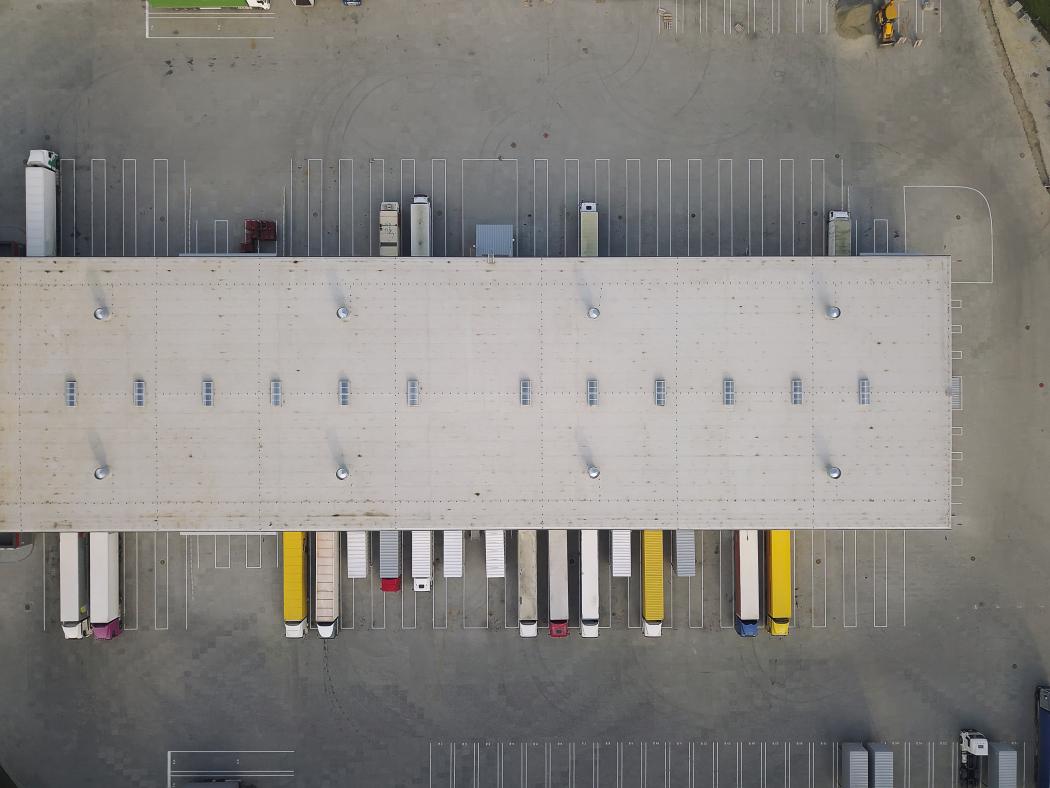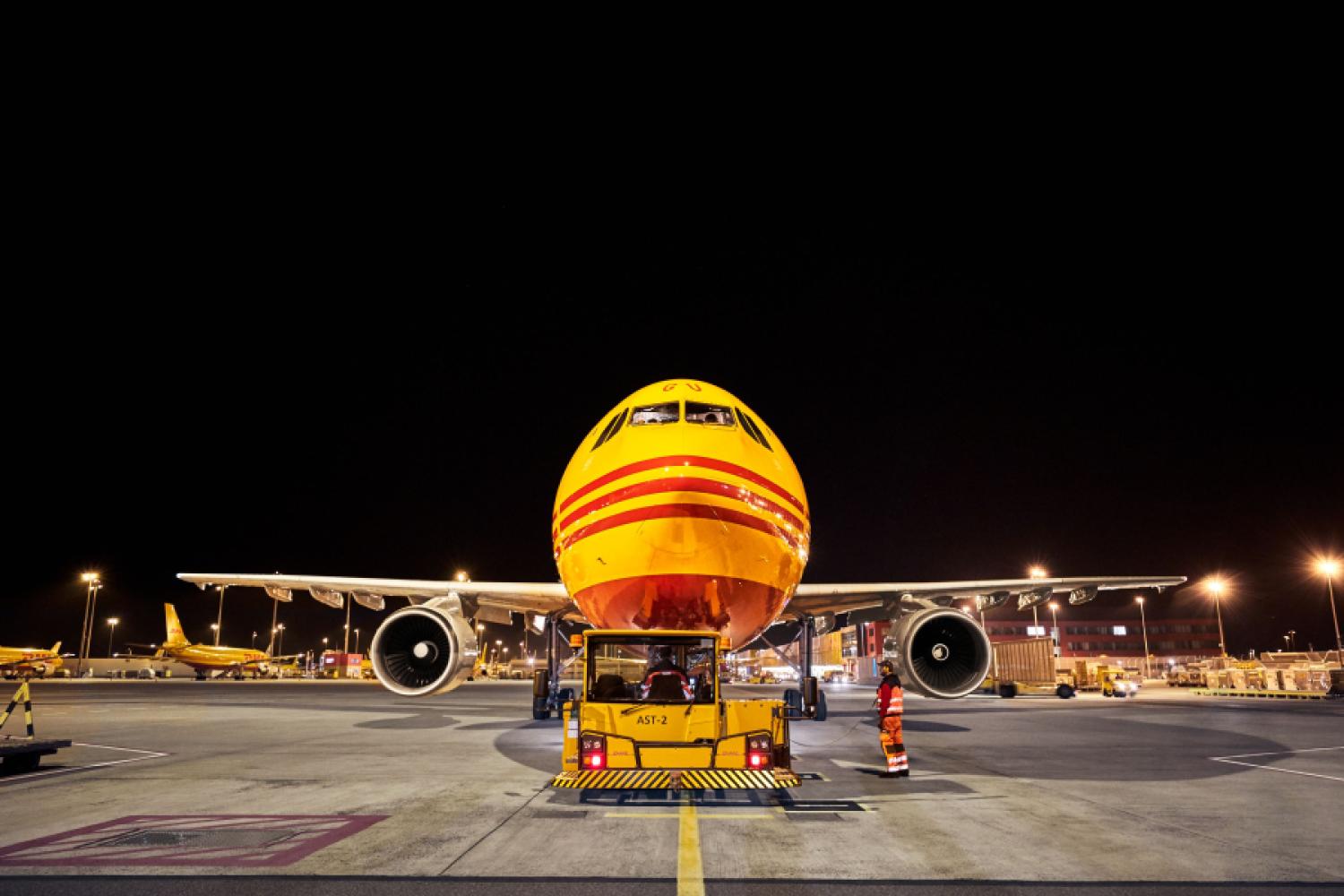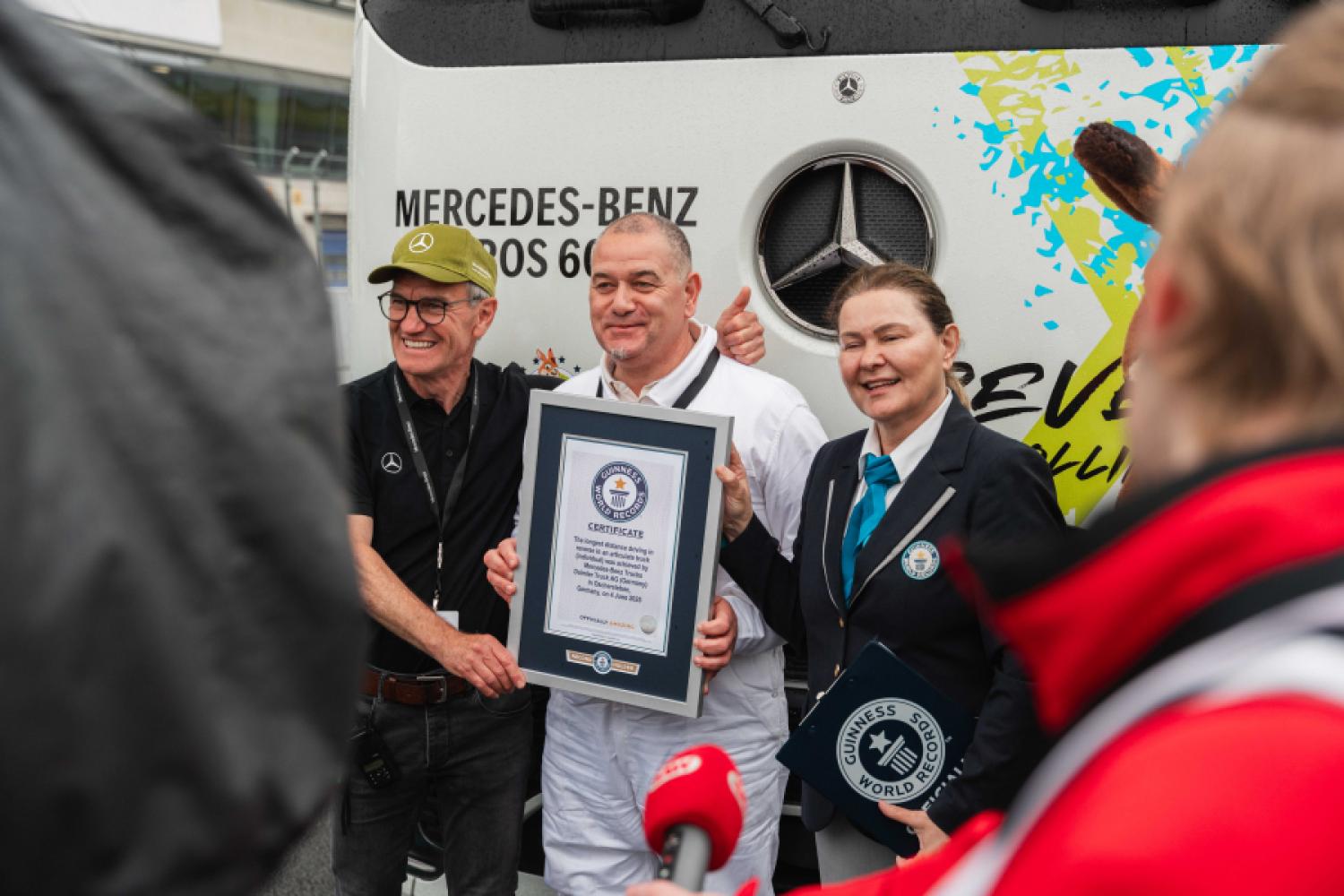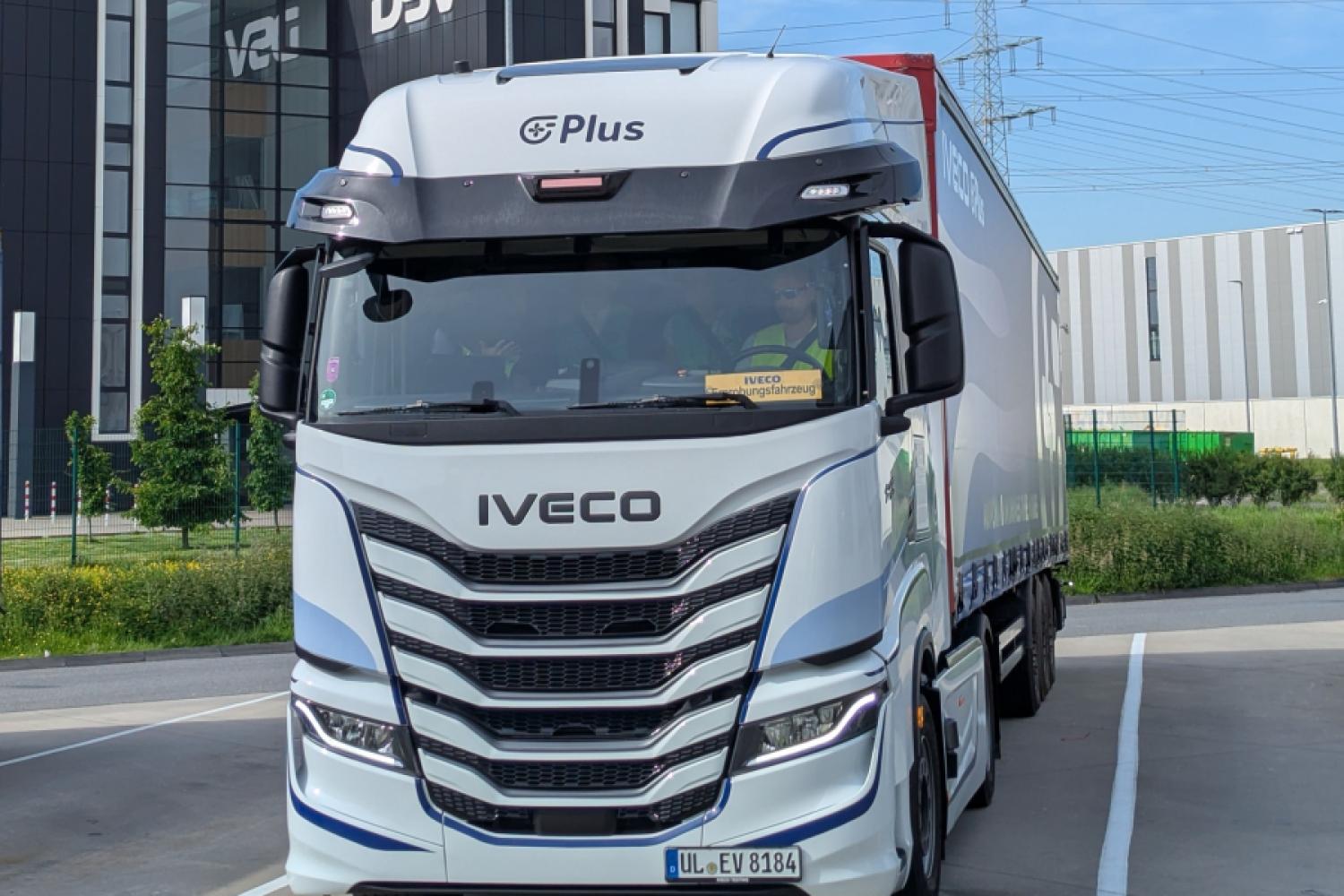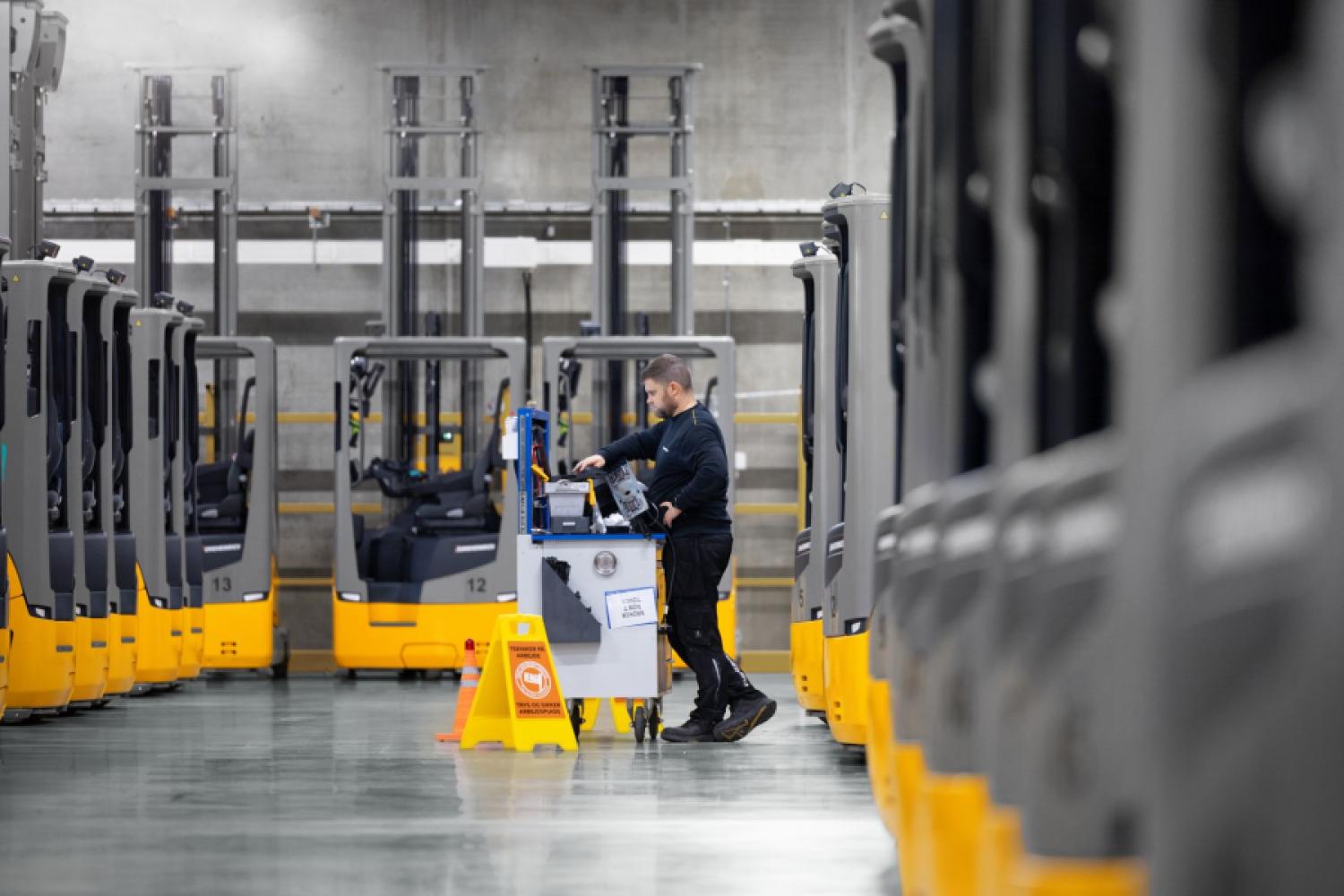The Open Logistics Foundation is focusing on a new area: As LOGISTIK HEUTE has exclusively learned in advance, within the Working Group "Track & Trace," a project will henceforth be dedicated to "Time Slot Management" on an Open Source basis. Time slots are traditionally a challenging topic, as Gerry Daalhuisen, Senior Director Dock & Yard / Fleet Products at Transporeon and co-lead of the Working Group "Track and Trace," explains: "The operator of a warehouse wants to receive the goods during a specific period, which never exactly matches the time the carrier wants to deliver or pick them up," he says. Dynamic time slot management was repeatedly mentioned as a desired topic in the brainstorming process within the Working Group Track and Trace.
However, there is currently no common standard for dynamic time slot management to structure and
utilize the associated data. As a result, isolated solutions have emerged that stood in the way of efficiency, Daalhuisen says: "If a carrier delivers or picks up from 50 addresses daily, they may potentially have to deal with 50 different underlying systems that are often not compatible." A standardized data model for Time Slot Management on an Open Source basis, which 24 OLF member companies want to jointly develop in the project, is now intended to provide a remedy. Logistics service providers such as Gebrüder Weiss, DB Schenker, and Rhenus are also involved, as well as software providers like Blue Yonder, Zekju, TradeLink, or Transporeon (see complete list below). In addition to a time slot data model, communication protocols and negotiation algorithms are also on the project group's agenda.
Standards for a Complex Area
"One of our most
important products relates to Time Slot Management. So there is definitely a market, but it comes with the described problems," describes Gerry Daalhuisen from Transporeon the company's motivation. "We have already had good experiences with the Open Logistics Foundation and appreciate the exchange with other companies, but also the practical approach." This is lacking in other initiatives. "Time Slot Management is a very suitable topic for our approach, as it can only be solved together," says Nathalie Böhning, Innovation and Project Manager, who oversees the project from the side of the Open Logistics Foundation. At the same time, the basic functionalities in time slot management are not competition-differentiating.
The project group is currently still at the beginning: A brainstorming workshop was followed by three online workshops to define the scope of the standard more precisely and to find
a common language: "We need to agree, among other things, on what a 'Time Slot' is. Does it encompass half an hour or two, for example? There are certainly different views on that," explains Böhning. Many companies are prospectively interested in the use of Artificial Intelligence in time slot management, but for that, the first level of terminology must be clarified first. At the end of the process, Böhning and Daalhuisen wish for commodities, open-source accessible software components that are not competition-differentiating.
The following companies are currently involved in the "Time Slot Management" project group within the Working Group "Track & Trace" of the Open Logistics Foundation:
- Transporeon
- Blue Yonder
- Gebrüder Weiss
- Sitra
- Maven
- Logistics Cloud
- Translogica
- Zekju
- DB Schenker
- Rhenus
- CargoSign
- DSLV
- dbh Logistics
- Trans.eu
- Business Code
- Cargoledger
- GS1
- Collect + Go
- Iteratec
- Interface21
- LKW Walter
- Markant
